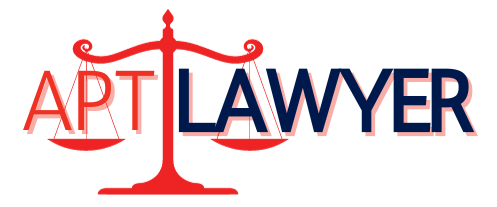Dispute Resolution in the Workplace

Workplace disputes are inevitable in any organization. They can arise from employer-employee conflicts over contracts, wages, working conditions, disciplinary actions, or conflicts between employees.
Resolving these disputes effectively is crucial for maintaining harmony and productivity. In Uganda, the legal framework provides structured mechanisms for dispute resolution, ensuring fair outcomes for both parties.
1. Understanding Workplace Disputes
Workplace disputes in Uganda often arise from:
- Unfair dismissal or wrongful termination
- Discrimination and harassment
- Unpaid wages or unfair salary deductions
- Poor working conditions
- Breach of employment contracts
The resolution of such disputes requires adherence to the established legal processes to avoid escalating conflicts that may lead to litigation.
2. Internal Workplace Dispute Resolution Mechanisms
Most disputes can and should be resolved within the organization before seeking external intervention. Employers are encouraged to establish internal grievance handling mechanisms, such as:
- Open Dialogue: Encouraging communication between employees and management to resolve issues informally.
- HR Mediation: The Human Resource department can act as a neutral mediator to resolve grievances.
- Workplace Policies: Clearly documented policies on dispute resolution help employees understand their rights and procedures to follow.
3. Formal Dispute Resolution Mechanisms in Uganda
If internal mechanisms fail, the following legal avenues can be pursued:
a) Labour Officers
Under the Employment Act, 2006, aggrieved employees can report their complaints to labour officers at the Ministry of Gender, Labour, and Social Development or at district offices. The labour officer investigates and attempts mediation.
b) Industrial Court
If mediation fails, the dispute can be escalated to the Industrial Court, which handles employment-related disputes. The court has the authority to make binding decisions on employment matters.
c) Arbitration and Mediation
Under the Arbitration and Conciliation Act, 2000, parties may opt for alternative dispute resolution (ADR), such as mediation and arbitration, to resolve disputes without resorting to lengthy court proceedings.
d) Courts of Law
If all other methods fail, employees or employers may take the matter to the High Court of Uganda for legal determination. However, this should be the last resort due to the costs and time involved.
4. The Role of Legal Practitioners in Workplace Dispute Resolution
Labour lawyers and legal practitioners play a crucial role in advising both employers and employees on their rights and obligations. They help in:
- Drafting and reviewing employment contracts
- Representing clients in mediation and court proceedings
- Ensuring compliance with Ugandan labour laws
5. Best Practices for Employers and Employees
To minimize workplace disputes, both parties should:
- Employers: Implement clear policies, provide fair remuneration, and ensure transparency in disciplinary actions.
- Employees: Understand their employment contractual rights and obligations, follow company procedures for grievances, and seek legal guidance when necessary.
In conclusion, dispute resolution in the workplace is a fundamental aspect of employment relations in Uganda. Employers and employees must adhere to internal mechanisms, labour laws, and alternative dispute resolution methods before resorting to litigation. By fostering open communication and legal compliance, workplaces can maintain a harmonious and productive environment.
